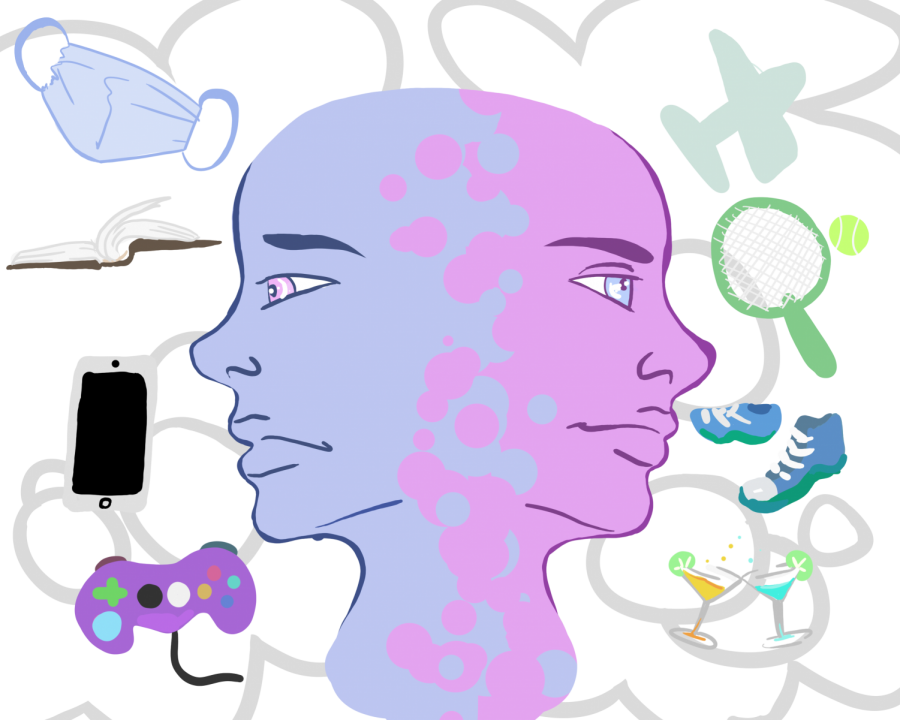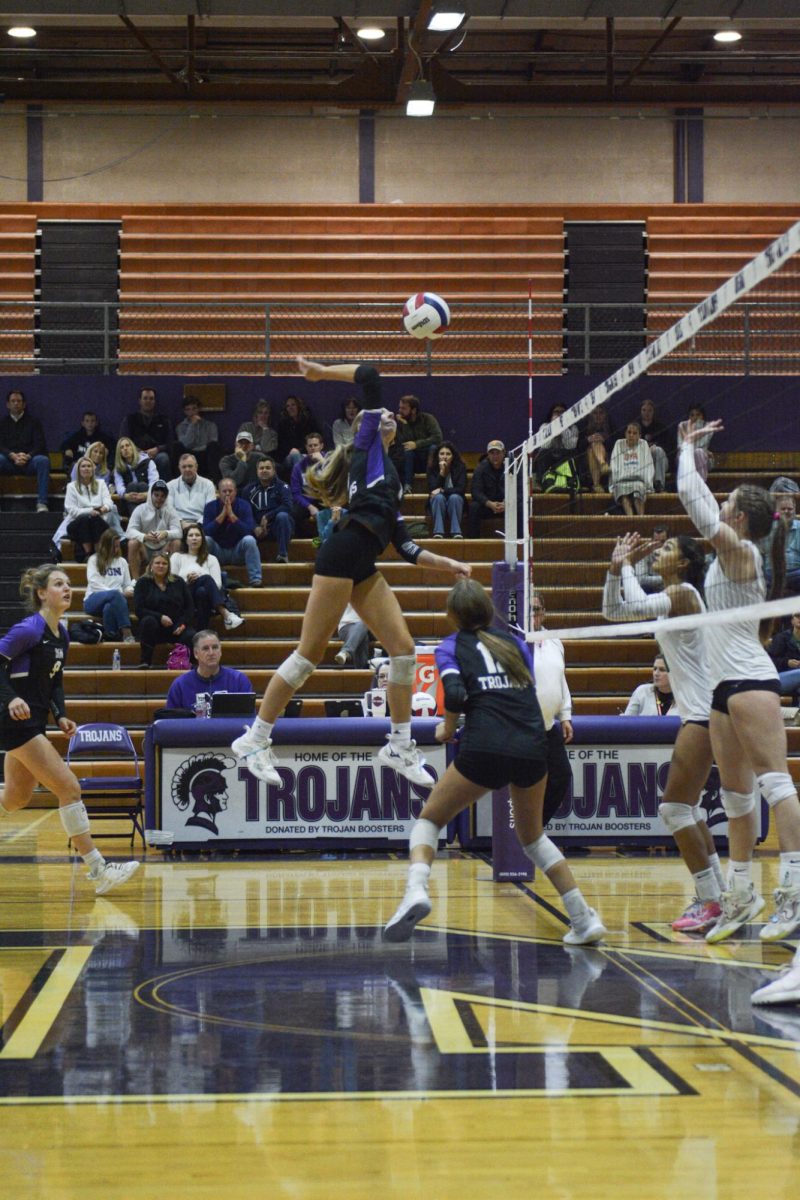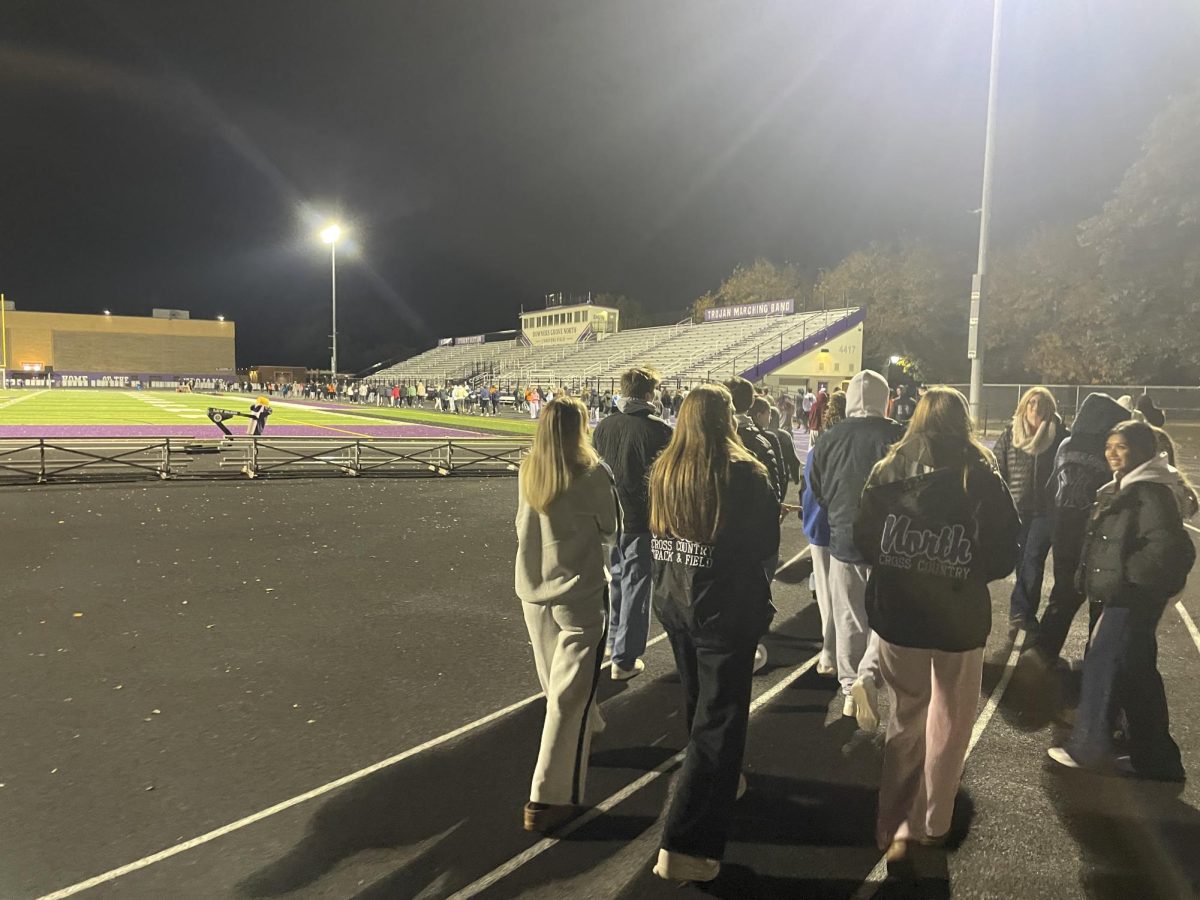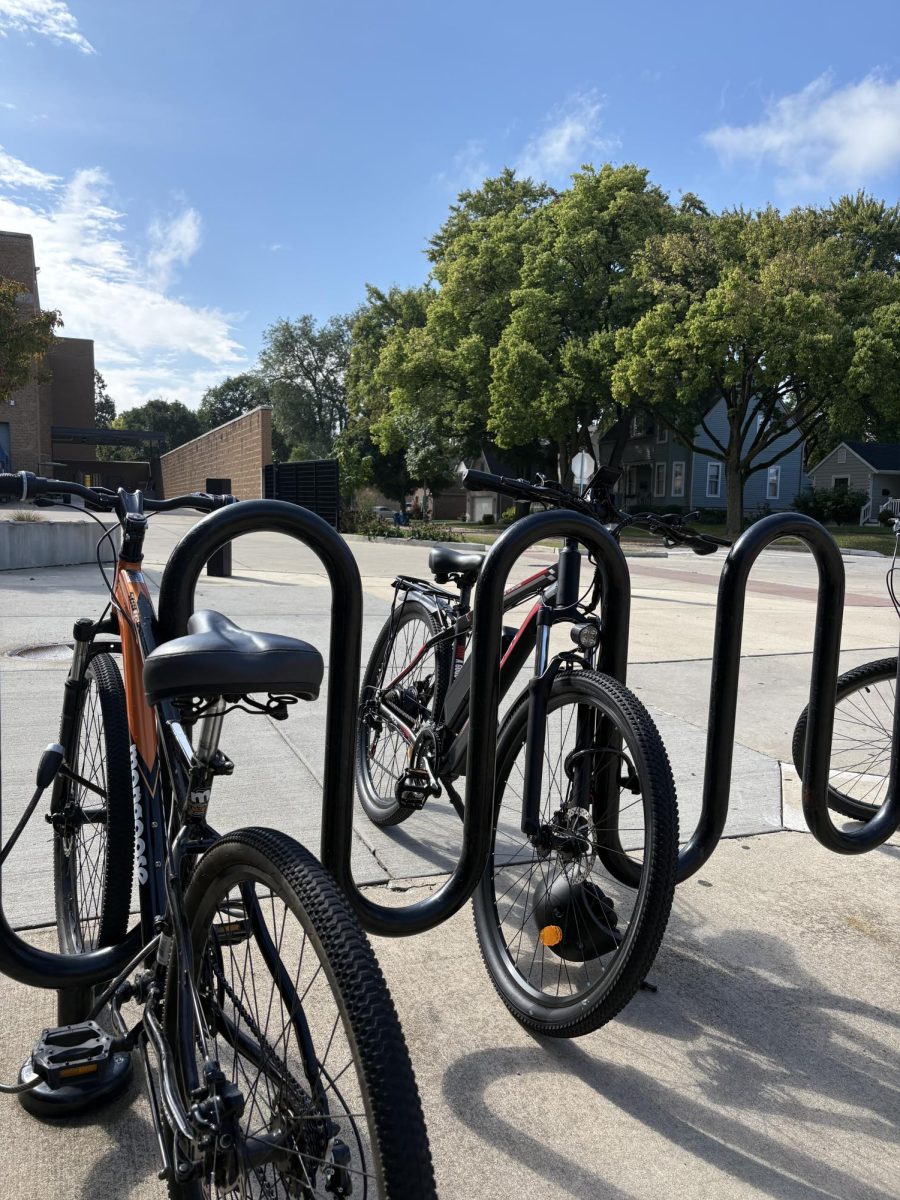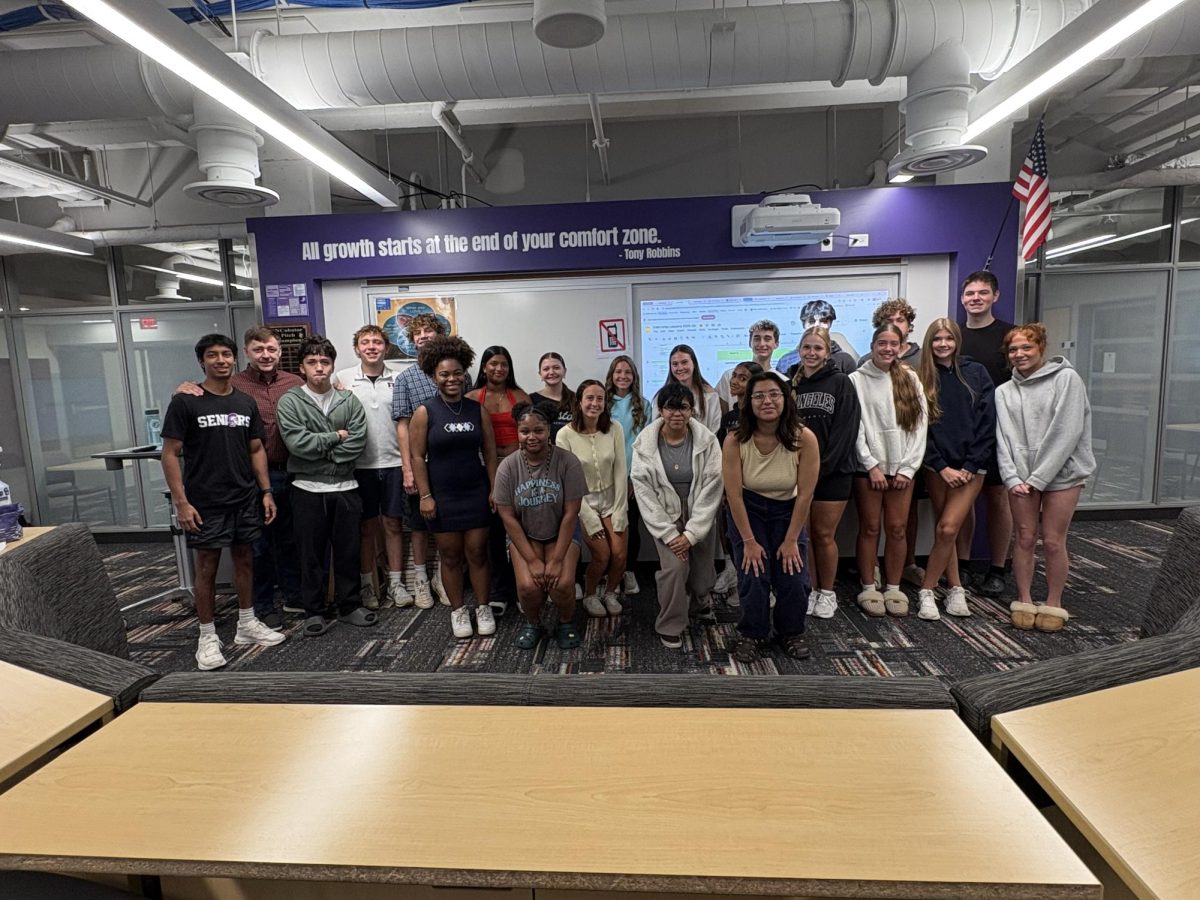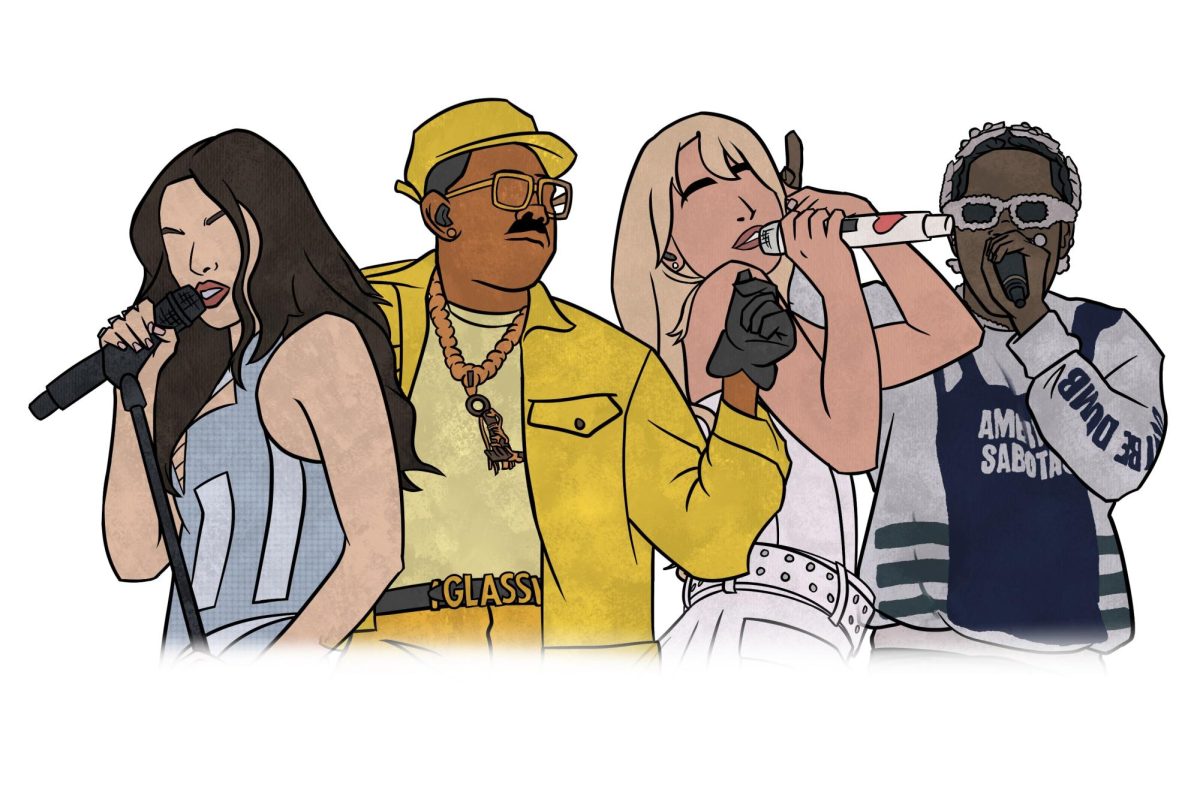Reality about Covid-19 still exists despite our misperceptions
May 19, 2020
COVID-19. A term we’re tired of hearing. How long will this last? A question many of us ask. Succumbed to boredom, denied our freedom. A burden many must carry. Impatience turns to impulsiveness, our anxiety to our breaking point. Too much to handle, we step outside and see our friends. What could be the harm in that? After all, we’re so young. Nothing bad is bound to happen….
We’ve each encountered an internal dialogue very similar to this with ourselves at one point or another. For many, this happened when COVID-19 was a distant struggle that seemed out of our boundaries and concerns. But some people continue to think in such a way and ignore stay at home and social distancing protocols. They still misperceive the virus’s true dangers.
But when looking into the psychology of it, it almost makes sense. Loneliness, boredom, fear, and a feeling of confinement can make one misperceive the effects of the virus. Several recent articles illustrate the intellectual aspect as to why some act stubborn towards the restrictions set to reduce the virus’s spread.
Overgeneralizing
According to a Psychology Today article by psychologist Seth J. Gillihan, Ph.D. published Mar. 25, overgeneralizing can play a major part in the decisions of those who ignore social distancing protocol. “When we overgeneralize, we assume that a past experience applies to every situation. Based on this logic, the COVID-19 crisis can’t be any worse than previous outbreaks like SARS and H1N1,” said Gillihan.
I myself have had personal experience with people who have thought this way, with many believing that because our country overcame other similar crises in the past, COVID-19 will end up being similar. However, those people shouldn’t be deceived by such a seemingly reasonable way of thinking. This situation is different.
Most of our nation has now been in lockdown for almost two straight months. The number of new cases and deaths continue to skyrocket, and many states have yet to see any abatement. According to an article from The Washington Post, “…on average, the number of reported COVID-19 cases doubles every 2½ days.” With the number of confirmed cases of the virus doubling at this rate, it shouldn’t take long to realize the severity of the issue.
Denial: Tuning Out
Another reason some people may not obey social distancing orders is said to be denial felt as a result of fear. Neuropsychologist Judy Ho Gavazza, Ph.D., was interviewed by Health in an article posted Apr. 20.
“There will be individuals who want to push against that and almost turn off the message because it is too scary to contemplate,” said Gavazaa. “Research has shown that if you create behavioral change campaigns that offer too grim of a picture, people won’t change their behaviors at all and will just shut it off and ignore it….”
Indeed, some of the facts of the pandemic can be quite frightening for some people. But these people shouldn’t let the concern felt during these times determine if socializing with others is okay. It was shown that face-to-face social interactions have been linked to the spread of the virus.
According to a Chicago Tribune article published on Apr. 1, “As many as 25 percent of people infected with the new coronavirus may not show symptoms…Experts agreed that infections were being passed along by people who do not report symptoms — what they call asymptomatic transmissions….”
Minimization and Unrealness
Aside from this, there are several other psychological reasons why some continue ignoring social distancing orders. One such reason is “minimizing,” where people can be misled by the seriousness of the pandemic. They may say things like “only older people are susceptible,” or “I’m too healthy and young to get infected.” Another reason is the lack of connection with other individuals. This can cause a sense of unrealness, which is relatively similar to the state of denial often brought upon by fear.
But it doesn’t matter what psychological reasons cause some individuals to misperceive the virus. In the end, the reality and undeniable severity of the pandemic still very well exist.
I find it stunning how many people I have seen disregarding the virus’s effects and socializing with others. I’ve witnessed young children playing with large groups of friends on the streets. I’ve seen teenage couples in their high school ages close as they have ever been. Neighbors have thrown parties. Celebrations have been hosted.
And yet, ironically, many of these people have all said they desperately wanted for this all to end. Though difficult, keeping physically away from others during this time is vital, especially if we want this to be over faster.
“One of the most powerful tools available to us is limiting contact between those who have it and those who don’t—in other words, social distancing,” said Gillihan. “According to [Dr. Ezekiel J.] Emanuel, these measures could prevent as many as two million deaths.”
Light at the End of the Tunnel
If people put aside the psychological reasoning behind their misinformed actions and try to accept the reality of the current situation, things could go back to normal so much quicker.
It’s not like we can’t communicate with others. We just have to keep our boundaries. Luckily, we now live in a day and age where this isn’t difficult to achieve. A talk with a friend is just a phone call away. Social gatherings may be prohibited, but there are easy alternatives. Weddings and other celebrations are being hosted on Zoom. Birthday parties have switched to euphoric birthday parades.
Overgeneralizing, denial, and minimization are not excuses to ignore social distancing protocol. Those not obeying the rules are being unfair to the rest of us. Most of us are easily finding and creating our own interesting ways to get through this difficult time. Can’t they as well?
COVID-19. A virus that we’ve all been tricked and impacted by in some way, shape or form. Different from many other crises, it has impacted us all. For some, it has led to misperception. For others, it has led to creativity. For all, it has led to a difference. No matter how we feel, no matter what we think, the severe reality still exists. Together, we can stop the spread of the virus by obeying the orders set upon us. Only with our combined efforts will normalcy ever return. The virus has left its mark. Now let’s leave our own.


